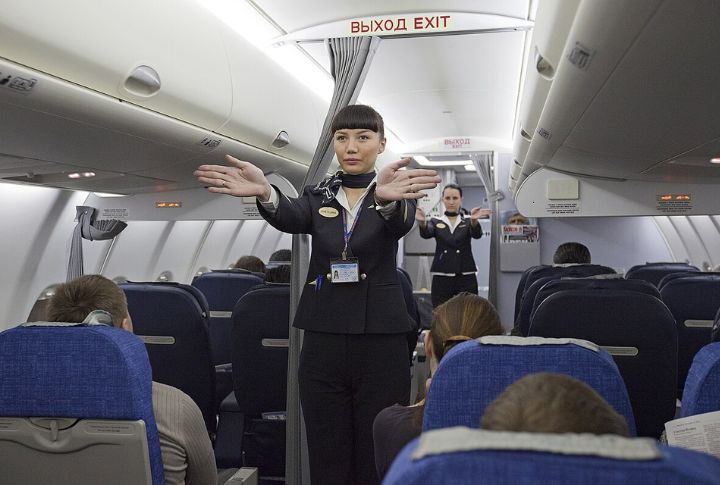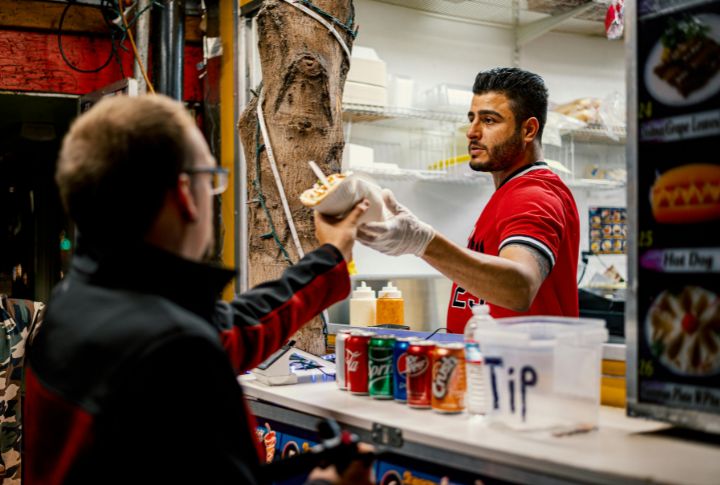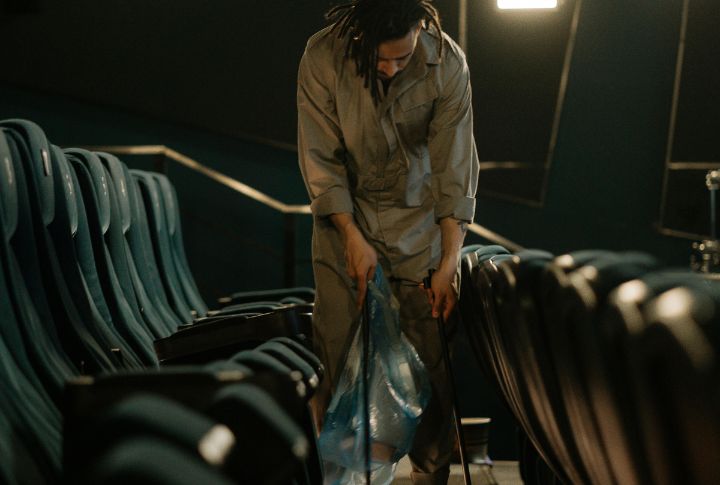
You’ve been overthinking this tipping thing. Seriously, while you’re standing there wondering if you should hand over cash, some workers are legally forbidden from taking it anyway. Their employers have strict rules, and breaking them could result in job loss. Let’s clear up the confusion once and for all. Here are ten workers you can stop worrying about.
Flight Attendants

Flight attendants don’t expect tips. Their job centers on passenger safety and not hospitality. They earn full salaries with benefits and union protection. Most airlines enforce a no-tipping policy. Instead of cash, a sincere thank-you, a smile, or a small token of appreciation is always welcome.
Doctors And Nurses

While your instinct to give extra money might kick in after great care, resist it. Medical facilities typically ban their staff from taking money from patients—it’s about maintaining professional boundaries. If you want to express thanks, a donation to a hospital fund speaks volumes.
Teachers

Want to tip your child’s teacher? Don’t. School policies typically prohibit cash gifts entirely to avoid ethical concerns. The good news? There are better ways to show thanks. Personal cards, classroom materials, or group-organized gifts let you express gratitude appropriately.
Police Officers

Police officers are responsible for maintaining community safety and enforcing the law. Offering tips to police officers isn’t just unnecessary; it is potentially illegal and could be seen as attempted bribery. Those wanting to support law enforcement can make donations to official police charities instead.
Bank Tellers

Giving a gratuity is not an accepted practice in banking transactions. Financial institutions prohibit their tellers from accepting monetary gifts to maintain professional standards. Since tellers receive standard salaries and benefits, tips aren’t part of their compensation. Don’t be surprised when they politely refuse your gesture—they’re just following policy.
Fast Food Cashiers

Fast food cashiers aren’t meant to get tips. Major chains forbid employees from accepting gratuities, so extra payment isn’t part of their job. These workers earn hourly wages and usually enjoy benefits like meal discounts. Corporate policy keeps it simple: order, pay, and go—no tipping required or allowed.
Movie Theater Staff

You don’t need to tip at movie theaters. Employees earn competitive pay and get fantastic benefits, including complimentary screenings and exclusive premieres. Corporate policy actually prevents them from taking your money anyway. Grab your snacks, find your seat, and relax completely.
Retail Store Clerks

Retail operates without a gratuity culture by design. Clerks earn their income through regular paychecks and employee discount programs. Because store policies forbid accepting cash from shoppers, workers must decline any monetary offers. This keeps shopping interactions professional and straightforward across all locations.
Librarians

Unlike restaurants or salons, libraries don’t operate on tips. Staff members receive institutional salaries and can’t accept money from visitors. It’s policy across the board. Your best move? Donate books or fund library programs. That kind of support reaches far beyond any individual thank-you.
Tech Support Agents

Tech support professionals are already properly compensated through their employer’s payroll. And this is why company policies typically prevent them from accepting any gratuities or gifts. The best way to thank them? Submit glowing feedback through official channels. The recognition actually boosts their performance reviews and career growth.
